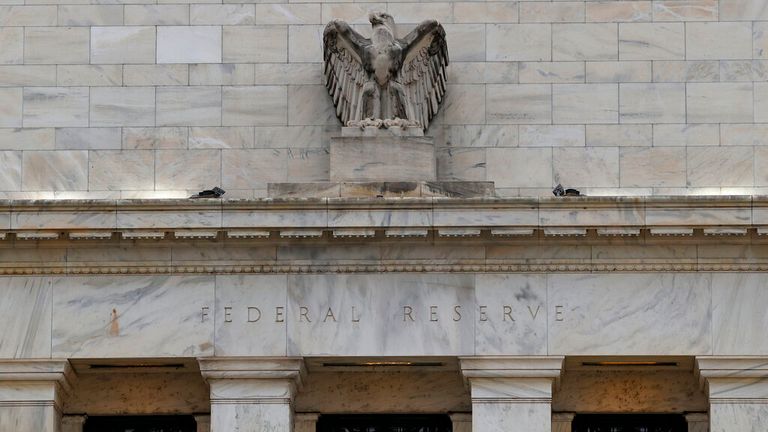Multinational Unilever has sold its Russian subsidiary, becoming the latest in a long line of companies choosing to divest of their Russian operations as the Russia-Ukraine war crosses the two-and-a-half year mark.
The Russian business has been acquired by Arnest Group, a local manufacturer who has already bought several other Western businesses, as more companies choose to leave the country.
Along with its Russian business, the sale also includes Unilever's Belarus operations, in a deal worth approximately €600m, according to the Financial Times.
At present, Unilever produces a variety of goods including Axe, Horlicks, Ben & Jerry's, Lipton, with brand names in more than 190 countries. It is divided into five branches, home care, beauty and wellbeing, nutrition, personal care and ice cream. The company also has research and development operations in India, Pakistan, China, the UK, the Netherlands and the US.
Related- Rio Tinto takes big battery metal step with Arcadium Lithium purchase
- GSK shares leap after drug firm settles US Zantac cancer claim lawsuit
Hein Schumacher, the chief executive officer (CEO) of Unilever, said in a statement: "Unilever has today completed the sale of its Russian subsidiary to Arnest Group, a Russian manufacturer of perfume, cosmetics, and household products.
"The sale includes all of Unilever's business in Russia and its four factories in the country. Our business in Belarus is also included in the sale.
"Over the past year, we have been carefully preparing the Unilever Russia business for a potential sale. This work has been very complex, and has involved separating IT platforms and supply chains, as well as migrating brands to Cyrillic.
"The completion of the sale ends Unilever Russia’s presence in the country."
Western companies continue to abandon Russia
A number of Western companies have left Russia by selling or closing down their operations in the country, ever since the start of the war. This includes HSBC, Volkswagen, Renault, Heineken, Danone and several others.
Unilever, as well as other giants such as Nestlé, have stayed much longer than their peers. This has unsurprisingly led to severe backlash and criticism against these companies, with them being slammed for continuing to prioritise Russian sales.
However, for some companies, staying longer in Russia has not always been a carefully calculated business choice because the government has put significant obstacles in place to prevent them leaving.
These included trying to take over the assets of Western companies wanting to go, and the deliberate lowering of the valuation of the companies. Such moves led to departure delays as well as various legal actions.
Disclaimer: The copyright of this article belongs to the original author. Reposting this article is solely for the purpose of information dissemination and does not constitute any investment advice. If there is any infringement, please contact us immediately. We will make corrections or deletions as necessary. Thank you.



